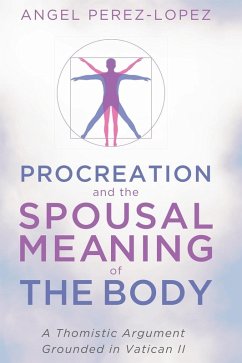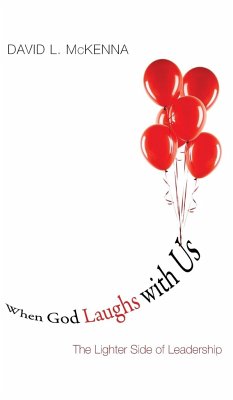"I desire mercy, not sacrifice." Echoing Hosea, Jesus defends his embrace of the "unclean" in the Gospel of Matthew, seeming to privilege the prophetic call to justice over the Levitical pursuit of purity. And yet, as missional faith communities are well aware, the tensions and conflicts between holiness and mercy are not so easily resolved. At every turn, it seems that the psychological pull of purity and holiness tempts the church into practices of social exclusion and a Gnostic flight from "the world" into a "too spiritual" spirituality. Moreover, the psychology of purity often lures the church into what psychologists call "The Macbeth Effect," the psychological trap that tempts us into believing that ritual acts of cleansing can replace moral and missional engagement. Finally, time after time, wherever we see churches regulating their common life with the idiom of dirt, disgust, and defilement, we find a predictable wake of dysfunction: ruined self-images, social stigma, and communal conflict. In an unprecedented fusion of psychological science and theological scholarship, Richard Beck describes the pernicious (and largely unnoticed) effects of the psychology of purity upon the life and mission of the church.
Hinweis: Dieser Artikel kann nur an eine deutsche Lieferadresse ausgeliefert werden.
Hinweis: Dieser Artikel kann nur an eine deutsche Lieferadresse ausgeliefert werden.








